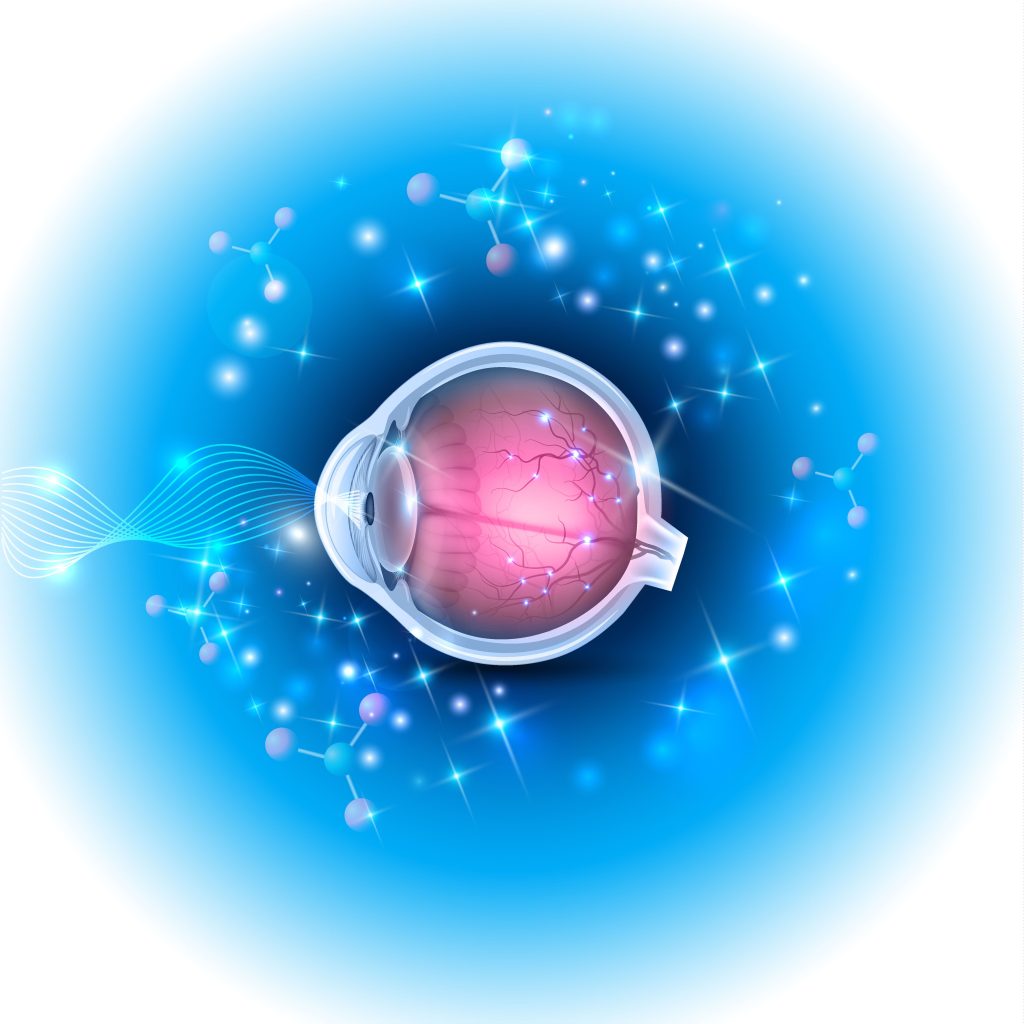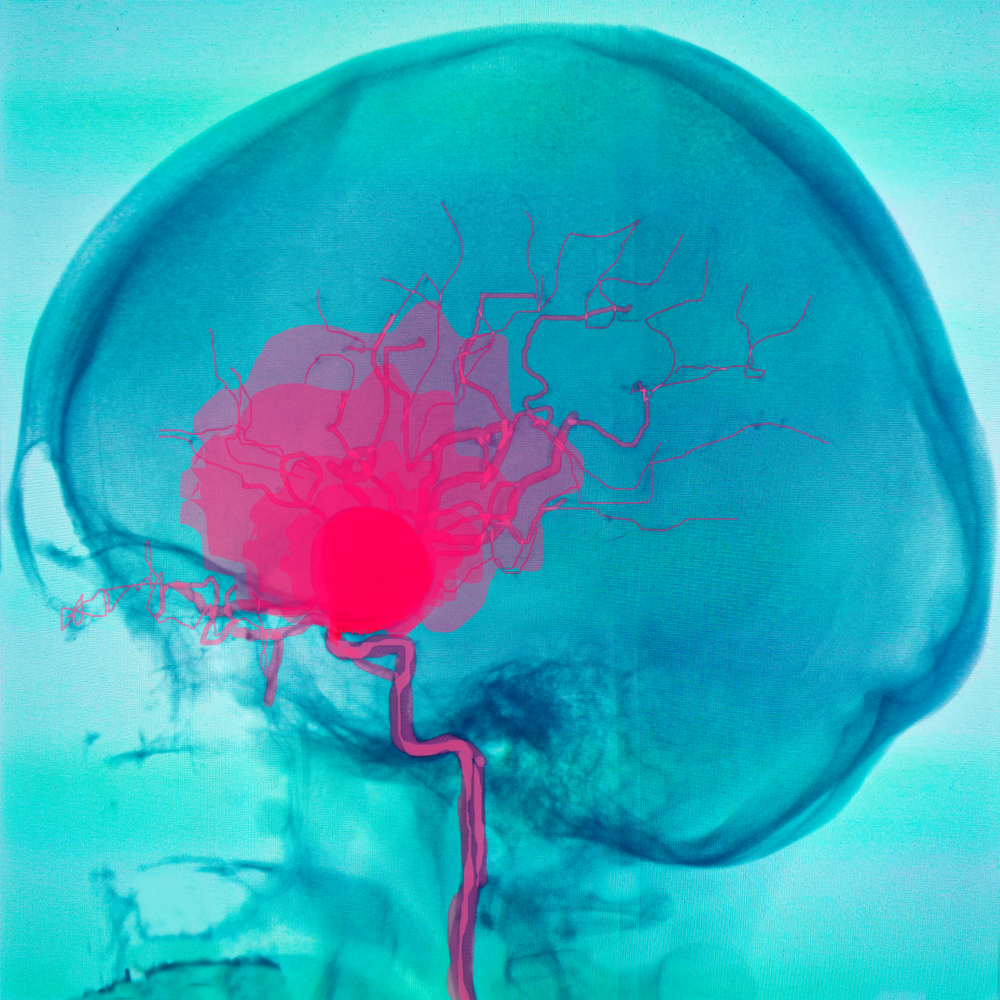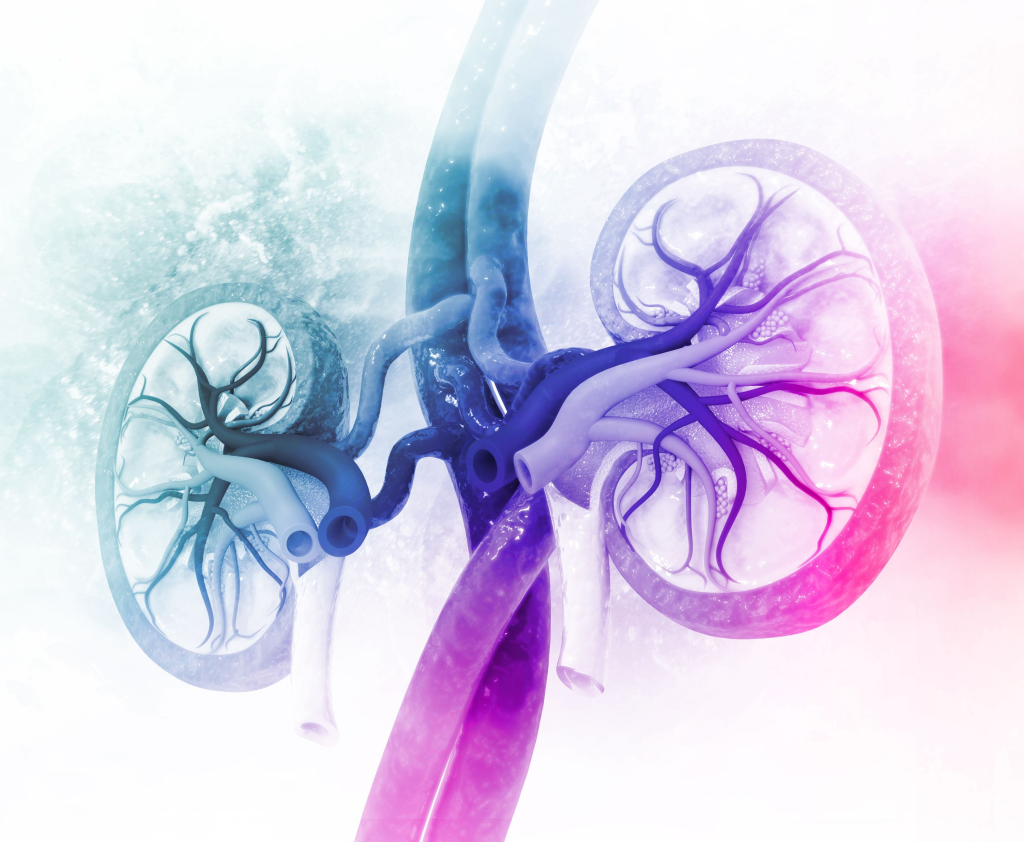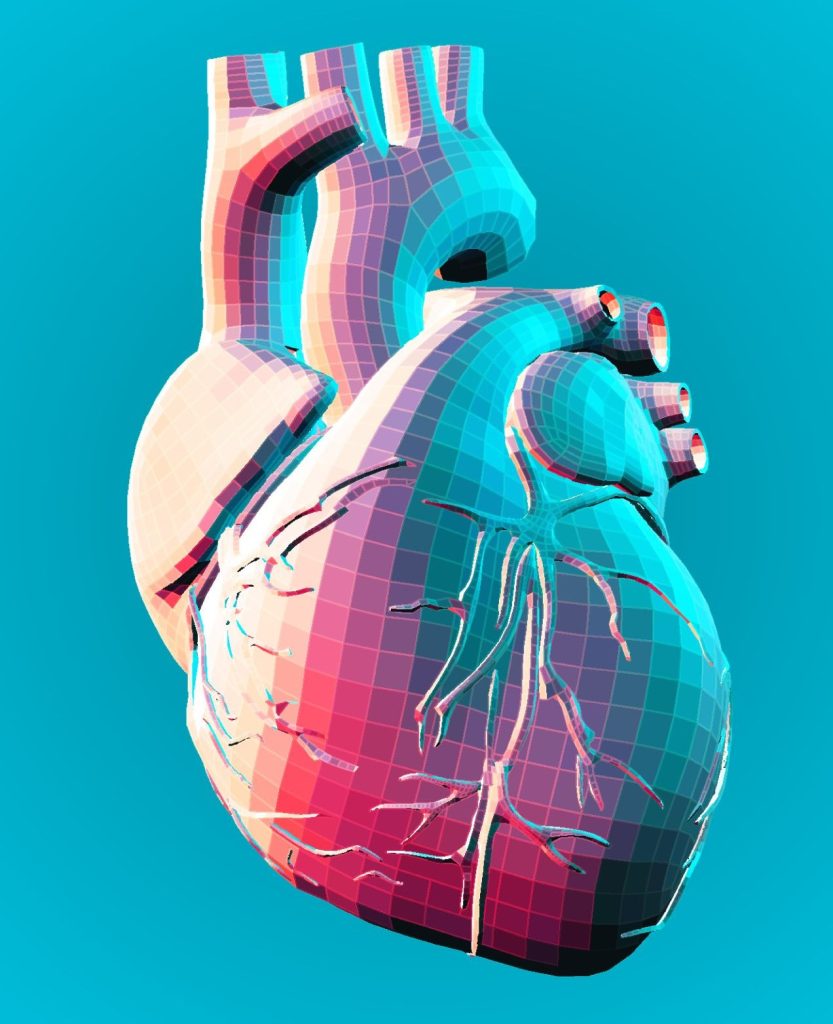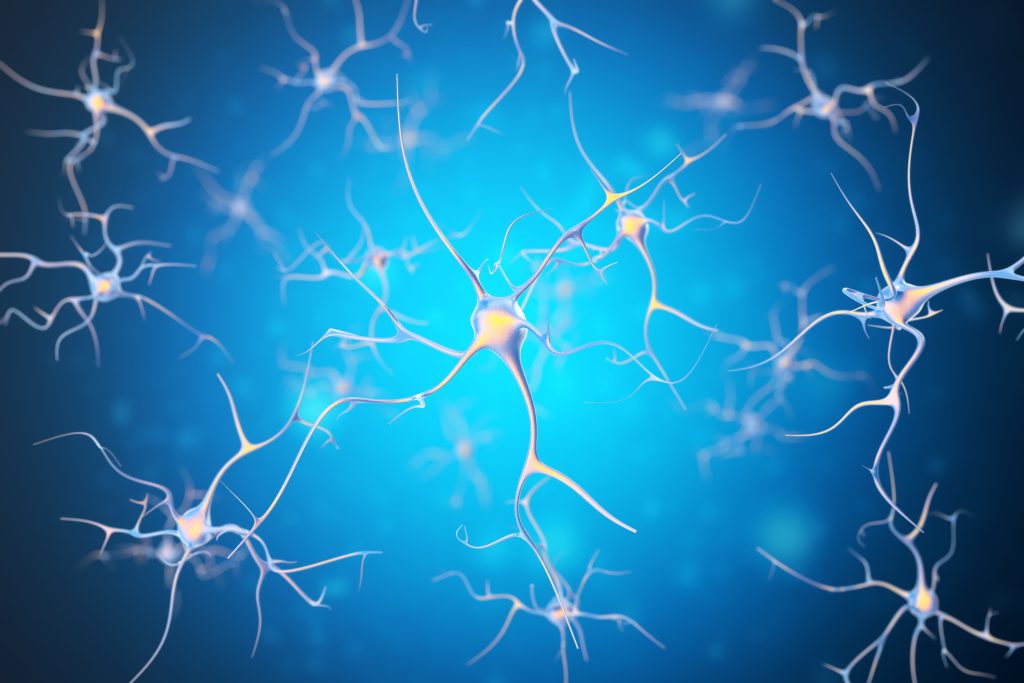
The brain and the rest of the nervous system make up a control centre for the human body. All actions, both voluntary and involuntary, occur due to electrical and chemical signals being passed between the brain and the nervous system, the musculoskeletal system and the sensory organs. The nervous system carries out a complex array […]

